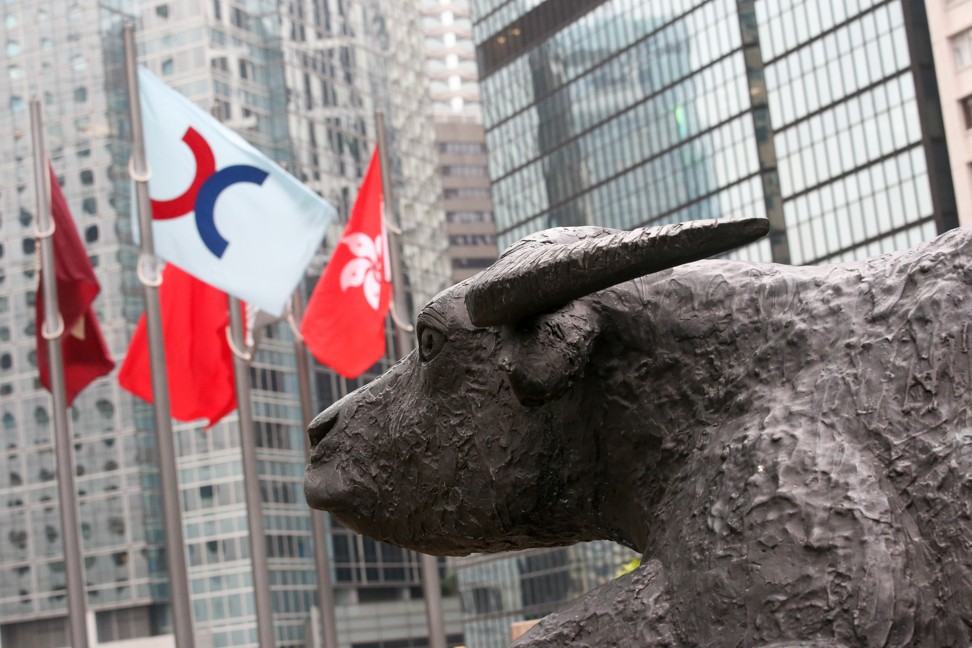The oddities of audit, and what needs to be done to put things right
Findings of a comprehensive survey highlight some devastating conclusions, none more so than who’s protecting the interests of minority shareholders at audit time?

In practically any other field of commerce, if 40 per cent of those engaged in the business were making a hash of it there would be nothing short of an outcry – but not when it comes to the dull-yet-vital world of auditing.
A deafening silence has greeted the findings of a comprehensive survey highlighting this pretty devastating conclusion.
The survey comes from the International Forum of Independent Audit Regulators, which recently completed a review of 918 audits of listed companies around the world that had been conducted by the biggest auditors on the planet and found that four out of every 10 had serious problems.
Those under review involved crucial business operations such as merger and acquisition deals and other complex situations that rank as being beyond the ‘mere’ business of auditing books for taxation purposes.
But even without this study, there’s been growing unease about the quality of global auditors’ work, that was highlighted so brutally with the collapse of Carillion, the huge UK-based construction business which was carrying out a wide range of services for the British state.
Then there were the audits of Brazil’s state oil company Petrobras that somehow failed to unearth widespread corruption, and closer to home there are the audits of major Chinese conglomerates, such as HNA, Wanda and Anbang Insurance Group, that miserably failed to flag up the considerable financial strains these companies are under.
The forum’s report wryly notes the problems that auditors had in assessing the reasonableness of assumptions made by their clients, and went on to highlight the failure to “seriously test the accuracy and completeness of data or reports produced by management”.
Well, well, well... this could be seen as a more widespread manifestation of Enron all over again, which, in case you had forgotten, was the massive US energy corporation that went under in 2001, a failure that also led to the demise of Arthur Andersen, its auditors.
The complexity and breadth of really big audits has largely now left the field to just four firms: Deloitte, EY, KPMG and PwC. Many companies have retreated from the zone because it is hard to match the scale of those “Big Four”.
Audit still remains, however, as the iron rice bowl of a great many accountancy firms of all sizes who would struggle to survive was it not for the steady flow of business.

This is because every registered company is required to hire an auditor to verify their annual tax returns. Public companies have other auditing requirements that are more strenuous. So at all levels there is a great deal at stake.
Most companies stick with their auditors over a long period and a strong relationship is established. It is therefore unsurprising that, despite their allegedly independent status, auditors will not go out of their way to aggravate the companies employing their services.
On the contrary they will try to be as accommodating as possible up to and including the point where blind eyes are turned and the benefit of the doubt is given to their clients.
Perhaps the problem with audits lies in the very strange nature of the auditing business that turns normal business practice on its head
It is hard to see how it could be otherwise, but there is a major difference when the companies in question are publicly owned and the relationship is between the auditors and senior management and or the major shareholders.
Who, then, is protecting the interests of the minority shareholders at audit time?
In theory and in bigger companies, this function is fulfilled by audit committees comprised of independent directors – but as the Enron fiasco showed these directors were either wilfully negligent or asleep on the job.
Enron also resulted in the so-called independent members of the company’s audit committee, including Hong Kong’s Ronnie Chan Chi-chung, emerging relatively unscathed, despite their massive failure.
Perhaps the problem with audits lies in the very strange nature of the auditing business that turns normal business practice on its head.
The norm is that the customer is supposed to always be right and the goods or services provider is supposed to do everything in their power to satisfy the customer.

But when it comes to audits, the customer has no choice and is forced to pay for a service that can often cause considerable inconvenience and annoyance.
This leaves both parties in an awkward situation and very often the audits are not really up to scratch or if they are, they may create customer dissatisfaction.
On the other hand the auditors may just try and tailor their service to the customers’ requirements even if, in so doing, the integrity of the service is compromised.
Something is very wrong here. In most situations where serious problems are identified remedial action is taken to fix it.
However as the succession of scandals in the world of audits has showed, very little is being done to put things right.